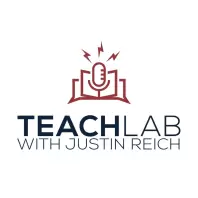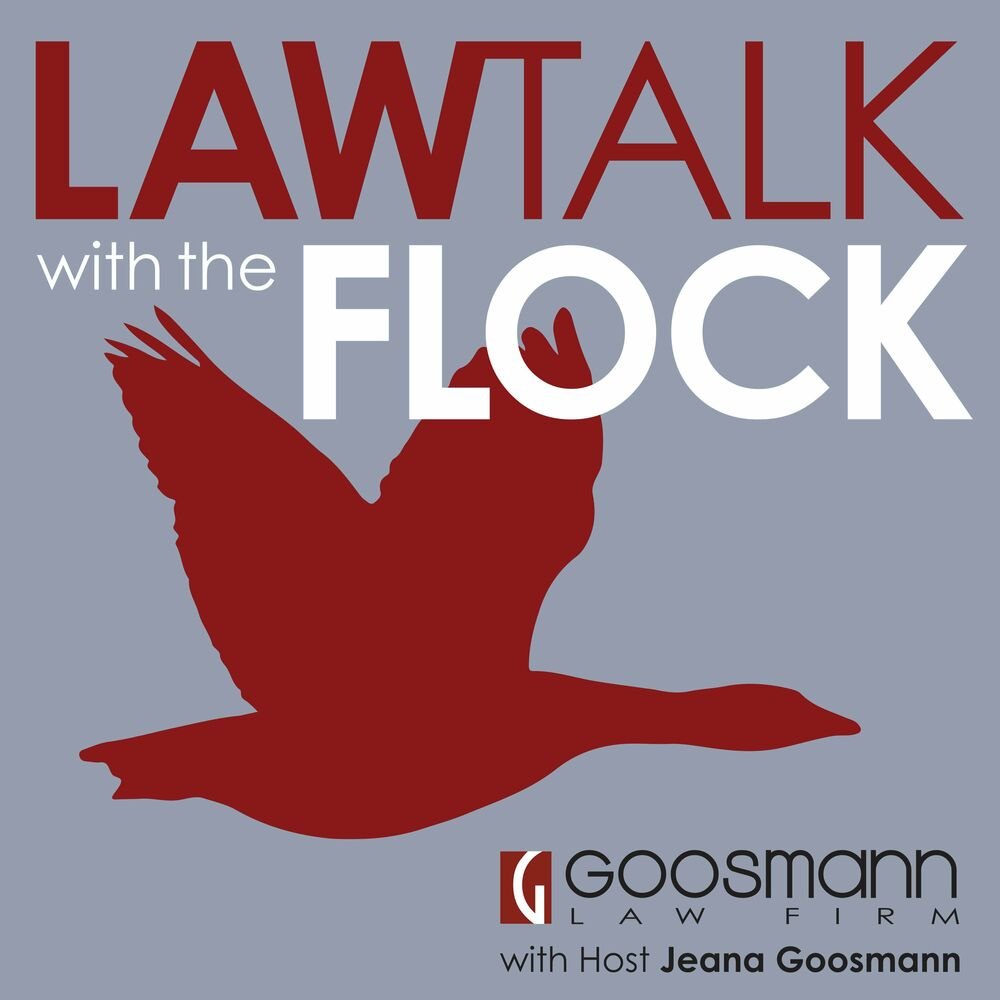Teachers have all sorts of opinions about AI. Some are optimistic, some are pessimistic. But the most common topic that came up in our interviews was cheating.
While students have always taken shortcuts to complete their work, ChatGPT and other generative AI have a historically unique power to quickly, convincingly and comprehensively do a students’ assignment. This is proving a powerful temptation to students.
So how do teachers help their students make good decisions? Teachers know that schools have historically struggled to manage discipline fairly but they also recognize that letting students get away with cheating isn’t doing them a favor. Teachers share how they’re navigating the Scylla and Charybdis of school discipline in the AI age.
Listen to a bleeped version of this episode (Coming soon!).
Transcript coming soon!
This episode was produced by Jesse Dukes with Yebu Ji.
Editing: Alexandra Salomon and Ruxandra Guidi
Reporting and research from Natasha Esteves, Andrew Meriwether, Holly McDede, Andrew Parsons, Marnette Federis, and Chris Bagg.
Sound design and music supervision by Steven Jackson.
Production assistance from Nathan Ray.
Data analysis from Manee Ngozi Nnamani and Manasa Kudumu.
Special thanks to Josh Sheldon, Camila Lee, Liz Hutner, and Eric Klopfer.
Administrative support from Jessica Rondon.
Thanks to the teachers who spoke to us including Joe O'Hara, Alec Jensen, Schuyler Hunt, Anna Rose Pandey, Ray Salazar, and Jessica Petit-Frere. And thanks to all the teachers and students who partipated in our research.
Thanks to Greer Murphy and Jessa Kirk, at UC Santa Cruz's Office of Academic Integrity. Check out Greer Murphy's co-authored survey of academic integrity policies.
The research and reporting you heard in this episode was supported by the Spencer Foundation, the Kapor Foundation, the Jameel World Education Lab, the Social and Ethical Responsibility of Computing initiative at MIT, and the RAISE initiative, Responsible AI for Social Empowerment and Education also at MIT.
We had support from Google’s Academic Research Awards program.
The Homework Machine is a program of the MIT Teaching Systems Lab, Justin Reich, director.










